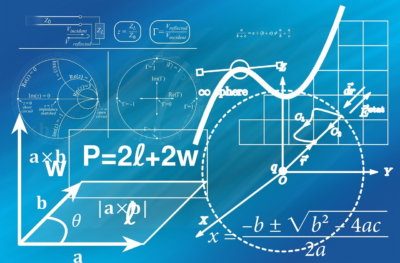The Cutting-Edge Technology Redefining Music Creation

Innovation and technology have always been pivotal in shaping the music industry. From the invention of the phonograph to the rise of digital streaming platforms, musicians, producers, and music platforms, like UKF, embrace cutting-edge technologies revolutionizing music. This article will explore some of the most exciting technological advancements redefining the landscape of music creation.
AI and Machine Learning
Artificial Intelligence (AI) and Machine Learning (ML) have significantly revolutionized music creation. AI algorithms can analyze vast amounts of musical data, including melody, rhythm, and harmony, to generate new compositions.
Companies like Jukedeck and Amper Music use AI-powered systems to compose original music for various purposes, such as background music for videos and games. AI is also used to help in music production tasks like auto-tuning vocals and creating drum patterns, saving time and effort to enhance artists’ creativity.
Virtual Reality (VR) and Augmented Reality (AR)
Virtual Reality and Augmented Reality technologies are not limited to gaming and entertainment. These two technological innovations have also found their way into the music industry. Artists are leveraging VR and AR to create immersive music experiences, allowing fans to enter virtual worlds and interact with music in unprecedented ways.
With VR concerts, fans can attend live shows from the comfort of their homes, while AR technology enables them to experience interactive elements overlaid on physical surroundings during live performances.
Cloud Collaboration
Cloud-based platforms like Splice and Soundtrap enable musicians and producers from different locations to collaborate seamlessly. Artists can share project files, collaborate in real-time, and provide feedback, eliminating geographical barriers and fostering a global community of creators.
Virtual Instruments and Plugins
Advancements in digital signal processing and virtual instrument technology have transformed how musicians create and record music. Virtual instruments accurately emulate traditional acoustic instruments, offering a vast array of sounds at a fraction of the cost.
On top of that, plugins and software synthesizers provide producers with limitless sound design and manipulation possibilities. With virtual instruments and plugins, musicians can experiment with different sounds and textures, pushing the boundaries of traditional music genres.
Blockchain and Smart Contracts
The decentralized nature of blockchain technology can potentially address long-standing issues in the music industry, such as copyright infringement and fair compensation for artists. Blockchain-based platforms like Ujo Music and Mycelia are exploring the use of smart contracts to automate royalty payments and ensure transparency in music licensing.
Artists can directly distribute and monetize their music while controlling their intellectual property rights. Because of this innovation, blockchain technology can create a more equitable and sustainable music ecosystem for artists and creators.
Reshaping Music Creation
As technology evolves rapidly, the music industry embraces cutting-edge innovations reshaping music creation. By using these advancements, musicians, and producers can access powerful tools that enhance creativity, collaboration, and accessibility. To conclude, the intersection of technology and music will continue to redefine the possibilities for music creation, ushering in an era of unparalleled innovation and artistic expression.
Alexia is the author at Research Snipers covering all technology news including Google, Apple, Android, Xiaomi, Huawei, Samsung News, and More.










